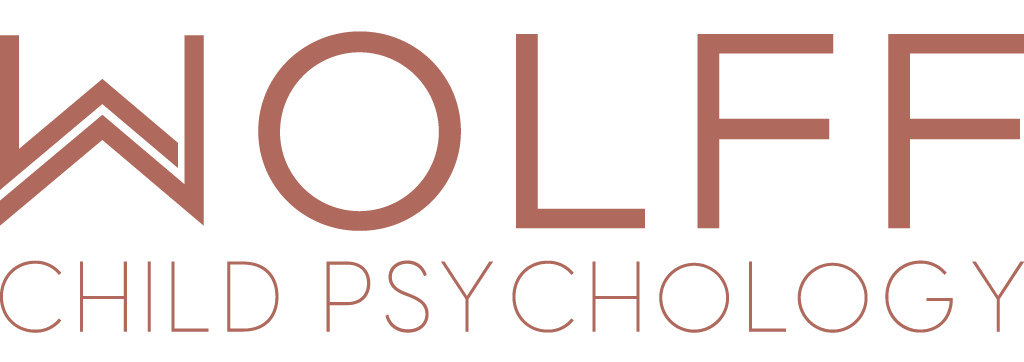Autism Spectrum Disorder (ASD)
Autism Spectrum Disorder (ASD) is a form of neurodiversity characterized by differences in social communication and interaction as well as restricted or repetitive behaviors or interests. Signs of ASD include but are not limited to: difficulty communicating and interacting with other people; challenges understanding how other people think or feel; feeling overwhelmed, stressed, or uncomfortable by bright lights or loud noises; feeling anxious or upset about unfamiliar situations and social events; taking longer to understand information; and/or doing or thinking the same things over and over. Signs of ASD may be recognized while young, although some remain unidentified until adulthood. ASD occurs along a spectrum meaning that children and teens with autism can have various constellations of strengths and challenges. It can cooccur with other disorders such as giftedness, intellectual disability, learning disabilities, internalizing disorders, etc. It is also described by providers along a series of three levels characterized by how much support a child or adolescent needs.
Recognizing symptoms of ASD and seeking help early will lead to better outcomes for both affected children and their families. Diagnosis of ASD requires a qualified mental health professional to gather information about the child, their behavior, and environment. No single test can diagnose a child as having ASD, and other problems, like language and communication disorders and anxiety, can have similar symptoms. Evaluations include a combination of in-office testing procedures; questionnaires completed by parents, teachers, and children; and clinical observations. Often, mental health providers recommend evaluations with Occupational Therapists, Physical Therapists, and/or Speech Language Pathologists for further diagnostic clarity. During the evaluation process, it is important to also understand the child’s strengths and interests as taking a whole-child approach can lead to improved outcomes.
The type, duration, and frequency of supports will vary depending on each child and their specific presentation of ASD. Evidence-based supports include school-based evaluations for Individualized Education Plans (IEPs) or 504 Plans to modify education and provide services as appropriate.
Including the following supports may make a marked difference in a child’s functioning at school: posting a daily visual schedule, frequent breaks, noise cancelling headphones, warnings of upcoming transitions, alternatives to group work, and participation in social skills groups. ABA therapy is recommended to support expressive communication, manage behaviors, establish routines, and teach social skills. In cases with co-occurring motor, language, or intellectual disabilities, additional types of therapy may be appropriate. Some children with ASD benefit from occupational therapy where they learn daily living skills. Mental health providers can treat symptoms of depression, anxiety, and other mental health disorders that may arise in addition to bolstering social skills during individual therapy with the child. Family therapy is often beneficial for families to alleviate stress and promote a healthy family system.
Explore the mental health services provided by the WCP team. Other posts about ASD can be found on the WCP blog.

